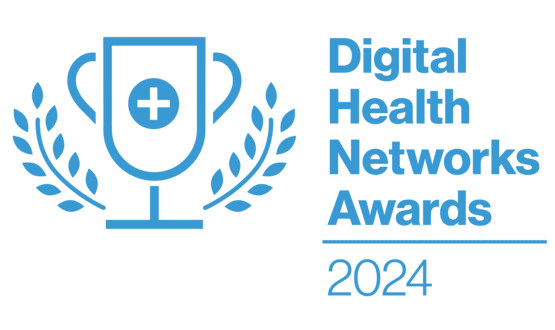NHSX responds to Networks’ letter to get CCIOs and CIOs on trust boards
- 17 February 2020

A Heads of Profession for CCIOs and CIOs and a Director of Workforce will be established within NHSX to “get things right” with digital transformation across the health service.
Responding to an open letter from the Digital Health Networks, Matthew Gould and Dr Simon Eccles, chief executive and deputy chief executive of NHSX, agreed that digital transformation is primarily about people and getting that right requires investment.
“We have been working with colleagues across the system to work out how we might do that better and you will see evidence of this in the coming months,” they wrote.
“We will be putting in place an NHSX Heads of Profession for CCIOs and CIOs (in our new national CIO), and a Director of Workforce. As we build that capacity, we will ensure that we link with your networks, and draw on your members’ expertise and insights to help us get things right.
“The networks you represent are incredibly important and the high degree of support and engagement they have is testament to your collective commitment and effort. We are delighted to work with you and will be strengthening that working relationship over the coming months.”
In January the Digital Health Networks wrote an open letter to Gould and Eccles, signed by elected chairmen James Reed and Adrian Byrne, on the steps urgently needed to get chief clinical information officers (CCIOs) and chief information officers (CIO) appointed to NHS boards.
They said achieving this goal will require significant new investment in current education programmes such as the NHS Digital Academy and new programmes, noting the 2016 report from the National Advisory Group on Health Information Technology in England, led by Dr Robert Wachter, recommended significant investment (1% of the then £4.2 billion allocated to digitisation) in developing “a workforce of trained clinical informaticists at trusts and giving them appropriate resources and authority”.
It recommended a six-point plan of investment in the education and professional accreditation.
Gould and Eccles assured “significant progress” was being made on the six key areas highlighted by the letter, predominantly through the Building a Digital Ready Workforce programme, but did not confirm how much investment would be committed to achieving these goals.
On CCIO and CIO representation on every board, committed to in the NHS Long Term Plan, they said: “We are now starting the process of defining what good looks like in digital, which will include board-level leadership.
“Your networks need to be fully integrated with the process of creating these standards, and then how we propagate them, including through incorporating the standards in CQC inspections.”
They agreed that board and C-level leadership was “critical” to the success of digital transformation, adding that by the end of March between five and ten boards would have taken part in a “Digital in a Day” session enabling consultation with chairs and chief executives to deliver board development interventions.
In further steps to achieve these goals, Gould and Eccles confirmed NHSX is looking at “all options for extension and expansion” of the NHS Digital Academy, but have no plans to deliver a Nye Bevan course for digital leaders – an investment requirement set out in the Networks’ letter.
On accreditation of CCIOs and CIOs to a minimum professional certification, a subject that has caused much debate among the Networks, they said NHSX supports the direction of travel.
“We need CCIOs and CIOs to form genuine professions, with accreditation, training, certification, progression, status and so on,” Gould and Eccles wrote.
“NHSX and Health Education England colleagues are thinking through how we define the relevant bars. We will progress work in this area and look forward to collaborating with you on how this might evolve.
“Throughout all this work runs a commitment to fostering a digital leadership community that is inclusive and diverse. We will continue to work with partners such as the Shuri Network to support and develop leaders that have the knowledge, skills and behaviours to advance equality and diversity within the sector – delivering on the principles set out in the Interim NHS People Plan.”
Responding to the NHSX letter Dr Reed said: “The response is very encouraging, it covers all the main points. It would be good to understand more detail, particularly the stuff around what training is going to look like.
“But overall, it’s good to see they are acknowledging the role of the networks and committing to some further works.”




